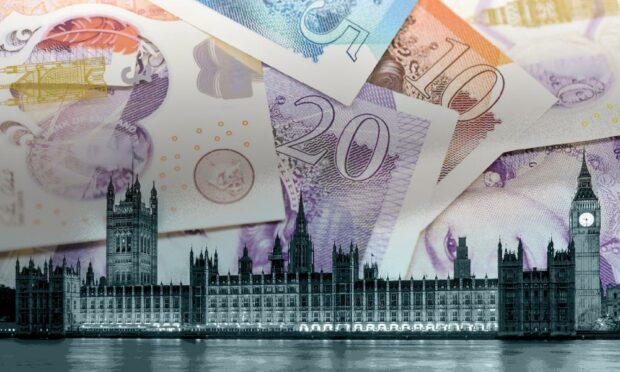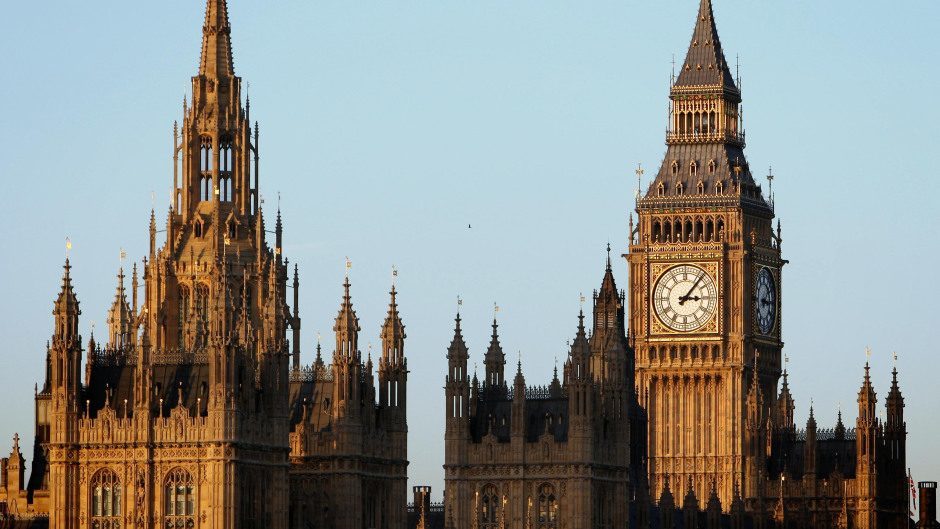The amount of cash politicians earn for work outside their parliamentary roles is under fresh scrutiny following a series of sleaze and corruption allegations – but how much does your MP really earn?
We gathered the details to help you see how much each of Scotland’s 59 MPs have officially declared.
You can search for your MP in the table below, check what else they earn and see if they make money from rented property or hold company directorships.
It can be viewed in full across all constituencies, allowing you to compare MPs across the country.
What do MPs earn for their day job?
MPs have an annual salary of £81,932 but many earn more for extra work, ranging from £16,422 for select committee chairs to £79,936 for the prime minister.
That basic salary will increase by more than £2,000 per year from April, from £81,932 to £84,144, after the Independent Parliamentary Standards Authority concluded MPs have been working harder during the pandemic.
They are also allowed to hold second jobs.
Scottish Conservative leader Douglas Ross, MP for Moray, already had to apologise after failing to declare the full details of recent income from his second job as an MSP and his other role as an assistant referee.
More than 200 of the total 650 MPs in the UK received earnings in the last year on top of their salary.
The lowest was £50 and the highest was just shy of £1million.
What are the rules?
MPs must publicly declare any additional income, gifts, donations and shareholdings over 15%.
They are banned from lobbying for two years after they leave government.
That means they cannot accept cash for attempting to persuade their colleagues to back a certain cause for that period.
All MPs are forbidden from getting paid “in return for advocating a particular matter” in Parliament.
Some MPs have second jobs as doctors, nurses, newspaper columnists and even a football referee.
With all that in mind, use our handy tool to find out how much your MP is earning outside their day job and from where.

